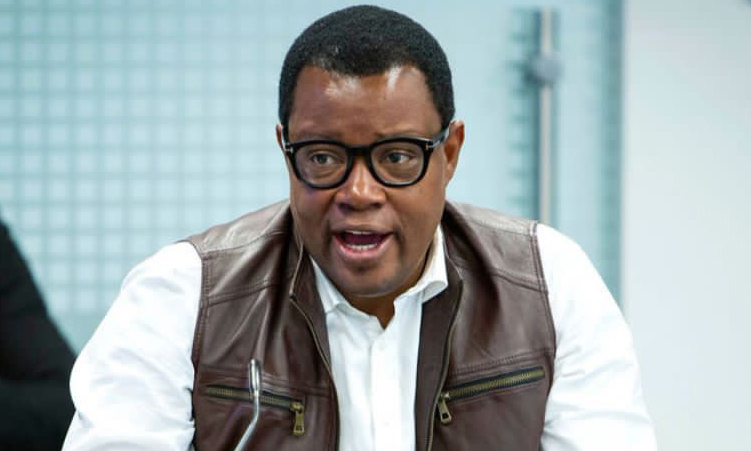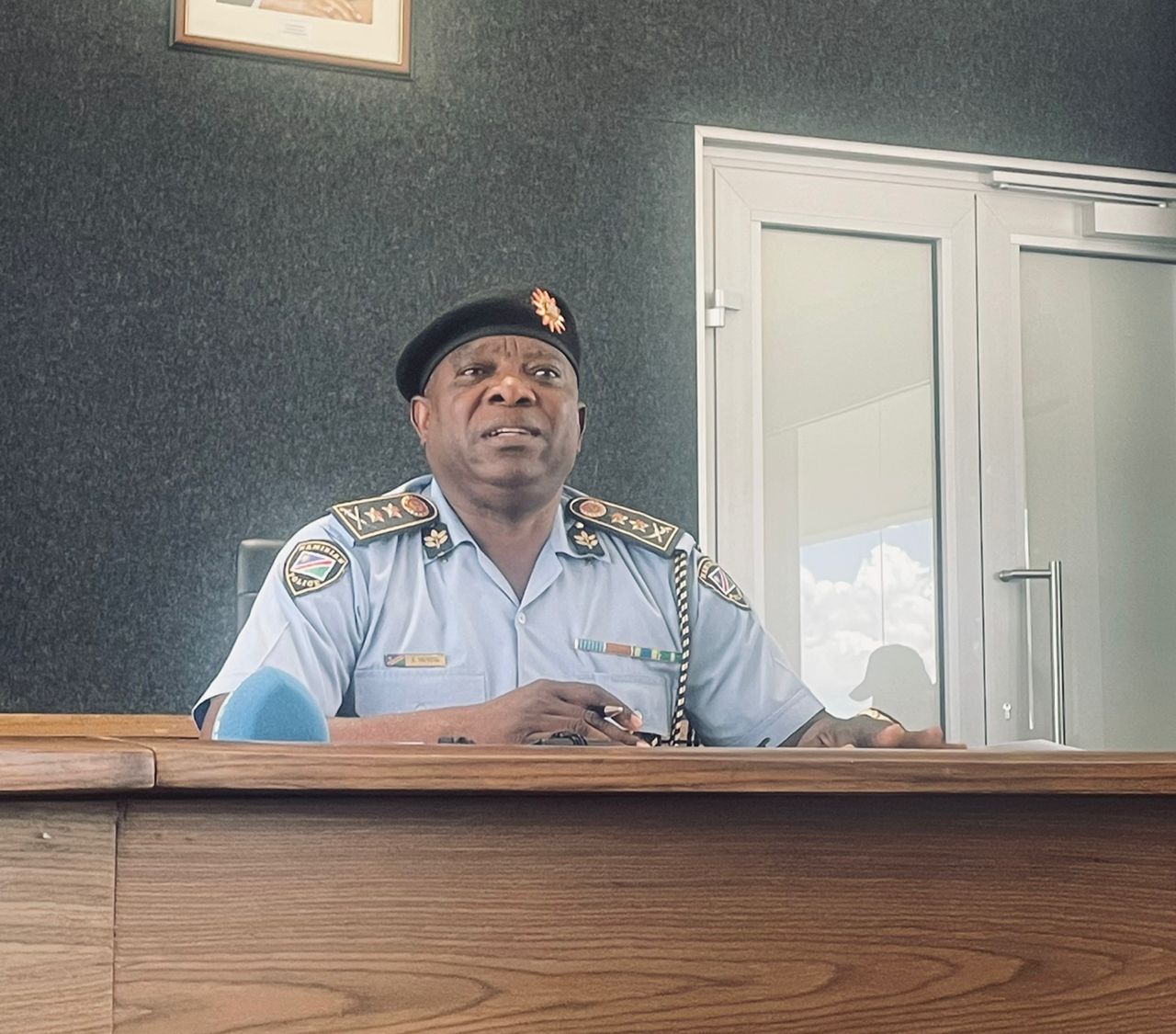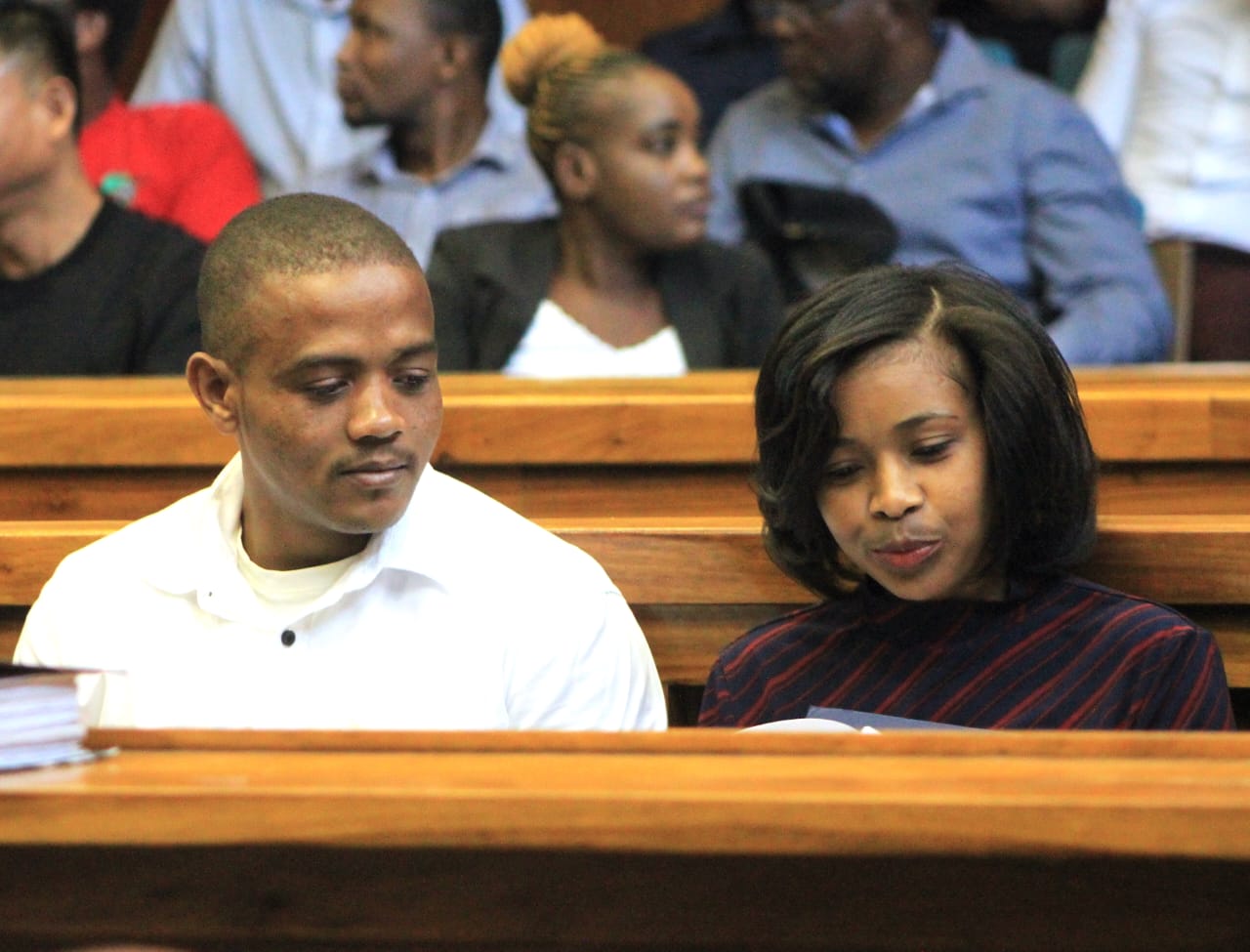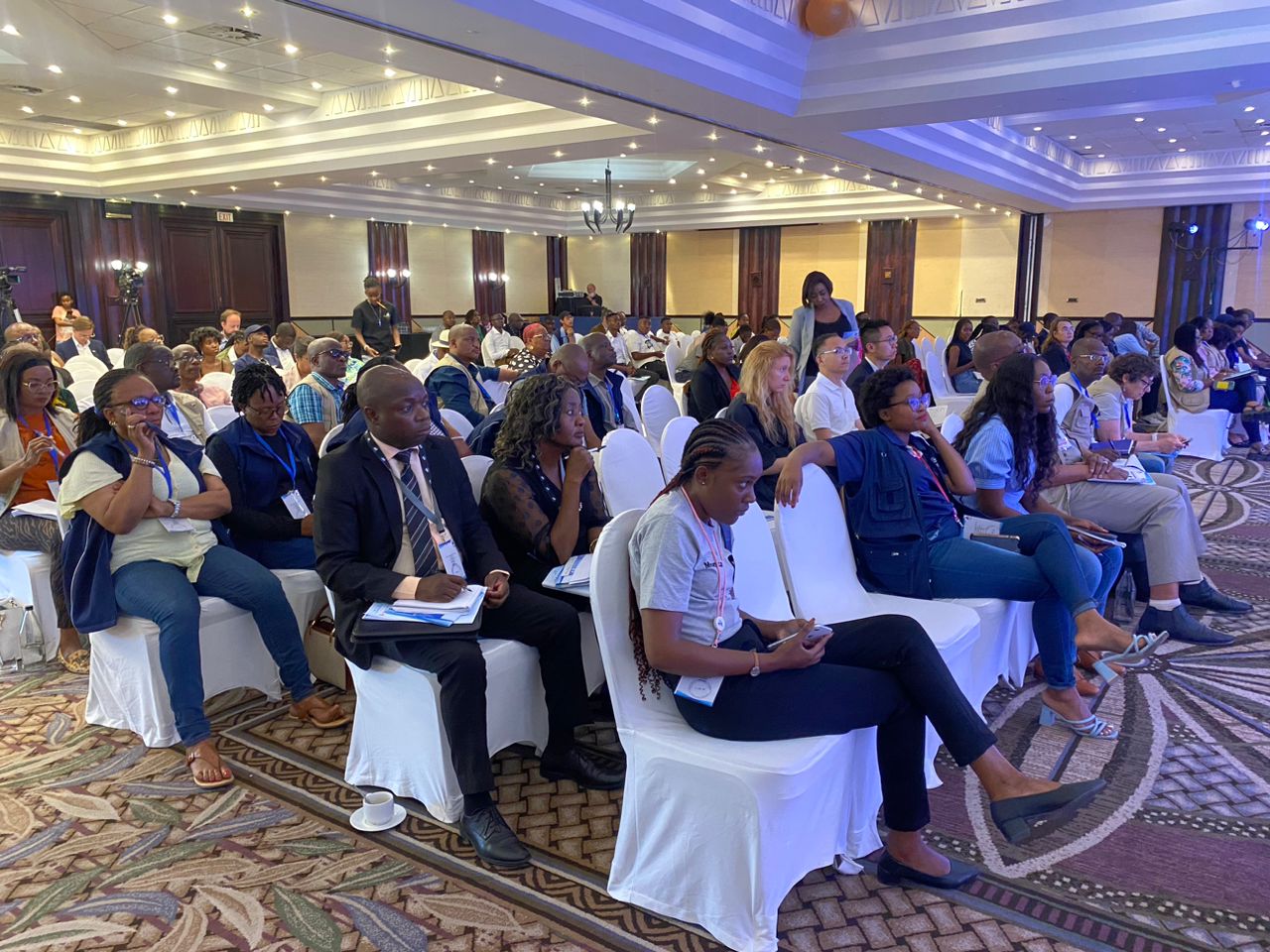Popular Democratic Movement leader McHenry Venaani says the transition period between the election of a president and when the president-elect is sworn in should be reduced.
It currently takes three months from when a president is elected in November, to March when he is sworn in.
Venaani asked president Nangolo Mbumba to shorten the transitional period during a courtesy visit at State House this week.
Mbumba, however, told Venaani to take the issue to the parliament, as it deals with the amendment of the law.
Venaani told Mbumba that while the three month transitional period has been working well since independence, it will be different if an opposition party wins the elections.
He said the long period could create two centre’s of power and leave the president-elect under a security threat.
“It’s a matter that concerns us,” Venaani said.
Venaani proposed that the elections be pushed closer to Independence Day.
“The other option is, after a new parliament is elected, the one who is leaving, give them a golden handshake and they go,” he said.
Mbumba said the reason why the elections cannot be closer to Independance Day is because it is in the rainy season, which will deter people from voting.
“For the elections in 1989, we were advised that if we hold them in the rainy season, people in the Kavango and Zambezi regions especially, will not be able to vote. So we said, let us have elections in November,” said Mbumba.
Political analyst Ndumba Kamwanyah says if a change in leadership is anticipated, there might be uncertainties or tension in the security sector.
“The incoming administration may wish to reverse or halt policies and projects initiated by the outgoing administration,” he says.
Kamwanyah says bureaucratic inertia and resistance from officials loyal to the outgoing party could hinder the smooth implementation of new policies.
He says there would be uncertainty during the transition that could affect public confidence and economic stability.
“Outgoing officials might relocate or misuse state resources, complicating the incoming administration’s start,” he says.
Kamwanyah, however, says Namibia has so far managed presidential transitions well, and there is no immediate crisis to worry about.
In 2014, the parliament proposed a presidential transitions bill that would give the president-elect more power and protection.
It was seen as a move to provide then prime minister Hage Geingob with a sense of security and a smooth transition to State House.
The bill would allow the president-elect to be sworn in before 21 March.
It also provides more privileges, among them security and intelligence briefings, which only the president currently enjoys.
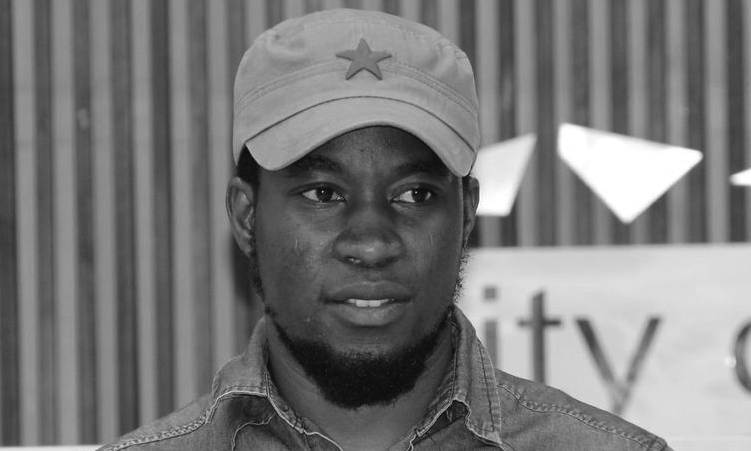
Affirmative Repositioning leader Job Amupanda says the three-month period serves no purpose and needs to be remedied as it stemmed from the 1989 Constituent Assembly for state formation.
“If voters choose a new president and new ruling party, why should they be punished with four months of a government and president whose services they no longer want?” he asks.
“Will the state rush to the village to guard the president-in-waiting?”
Meanwhile, political analyst Johannes Coetzee says there are much higher priority challenges to focus on.
“Political parties should focus on coming out strongly to participate in presidential debates about critical challenges such as unemployment that has been flagged during the Afrobarometer survey round 10, released in July 2024,” he says.
Lawyer Norman Tjombe says political office-bearers who leave the office may make certain bad decisions that would bind the government and the new political office-bearers.
“It has more to do with the president and the members of Cabinet that he or she appoints. The term of office for the president is five years, obviously calculated from the date he or she is sworn in – which has consistently been 21 March,” he says.
Stay informed with The Namibian – your source for credible journalism. Get in-depth reporting and opinions for
only N$85 a month. Invest in journalism, invest in democracy –
Subscribe Now!


